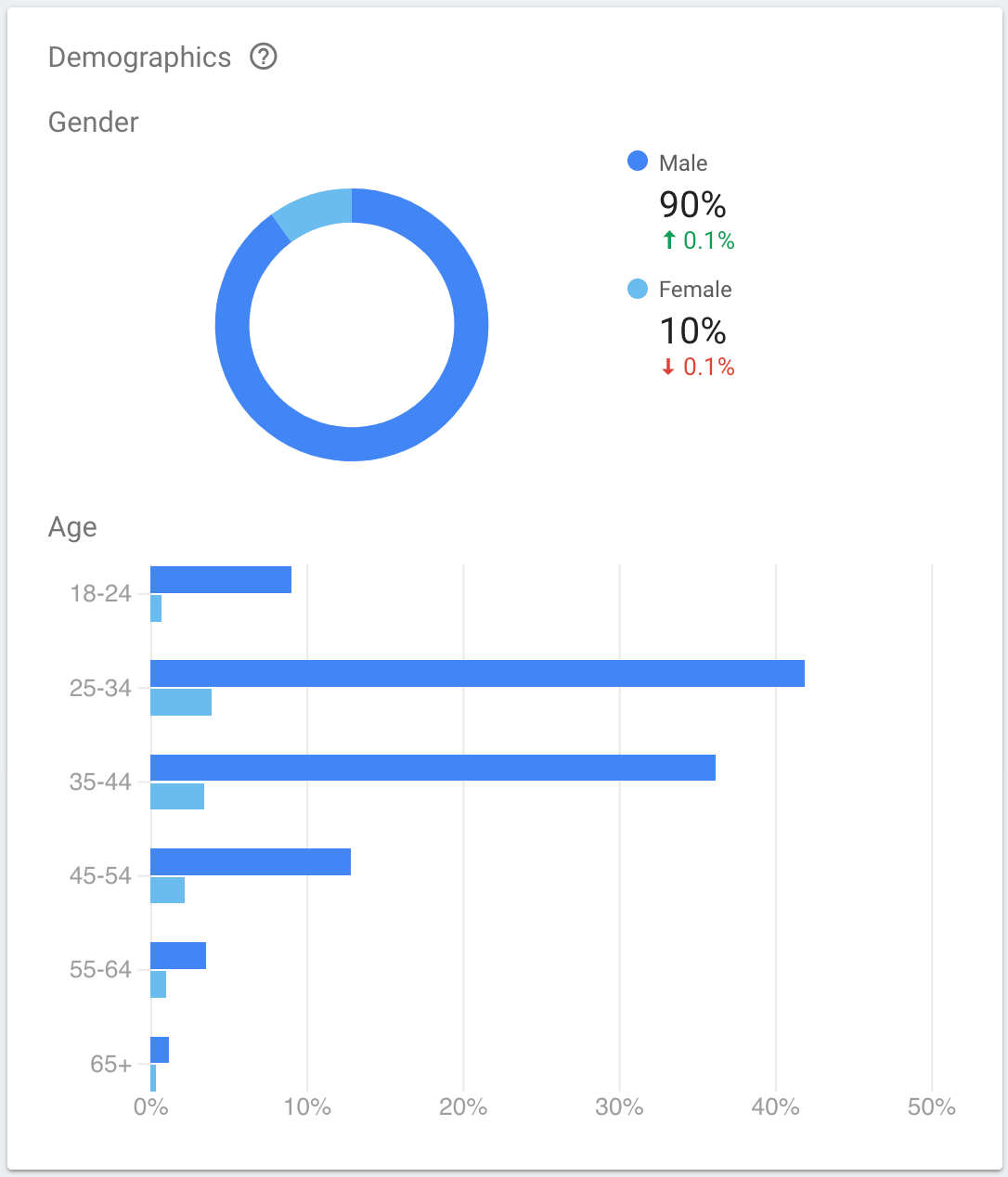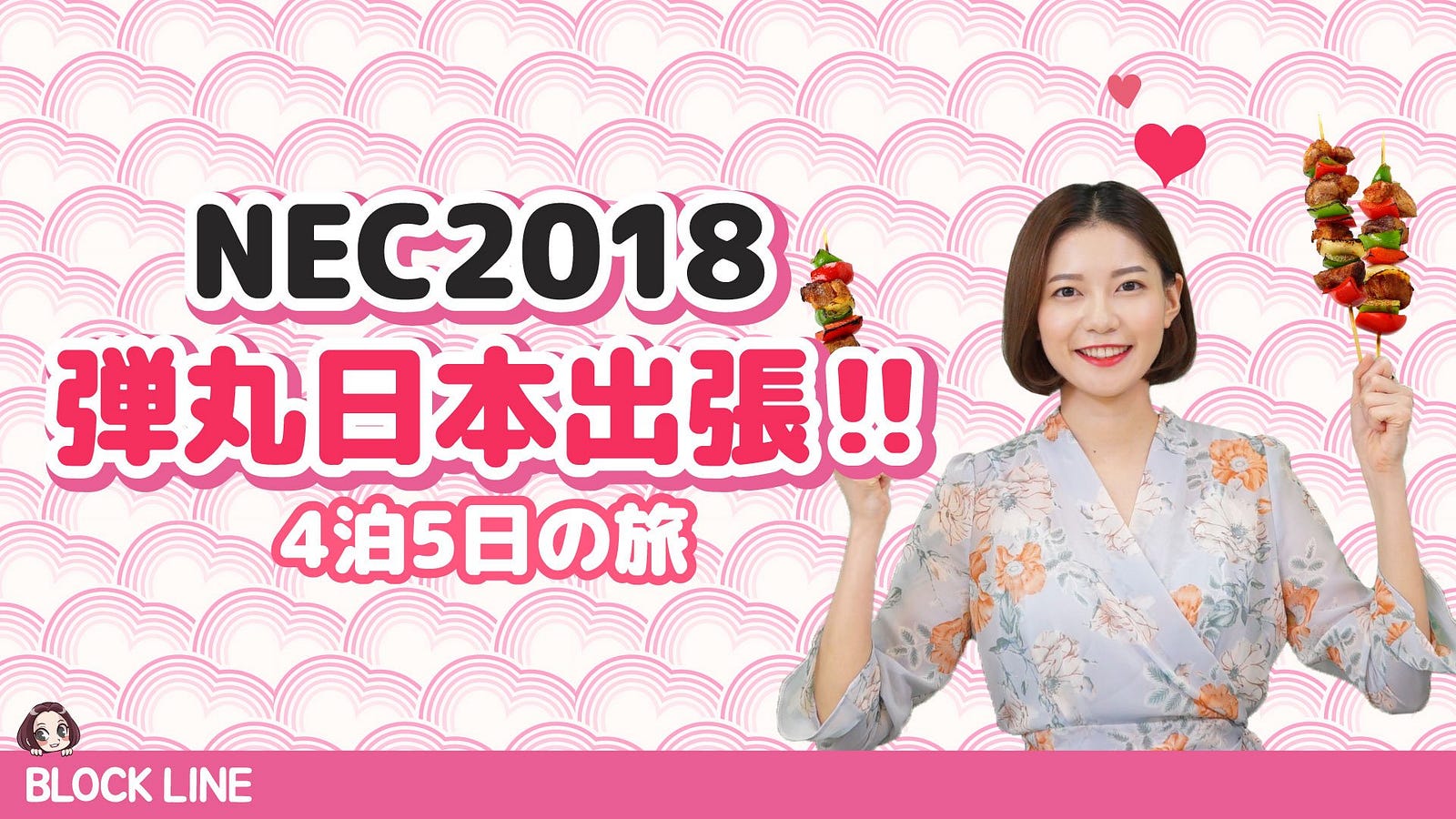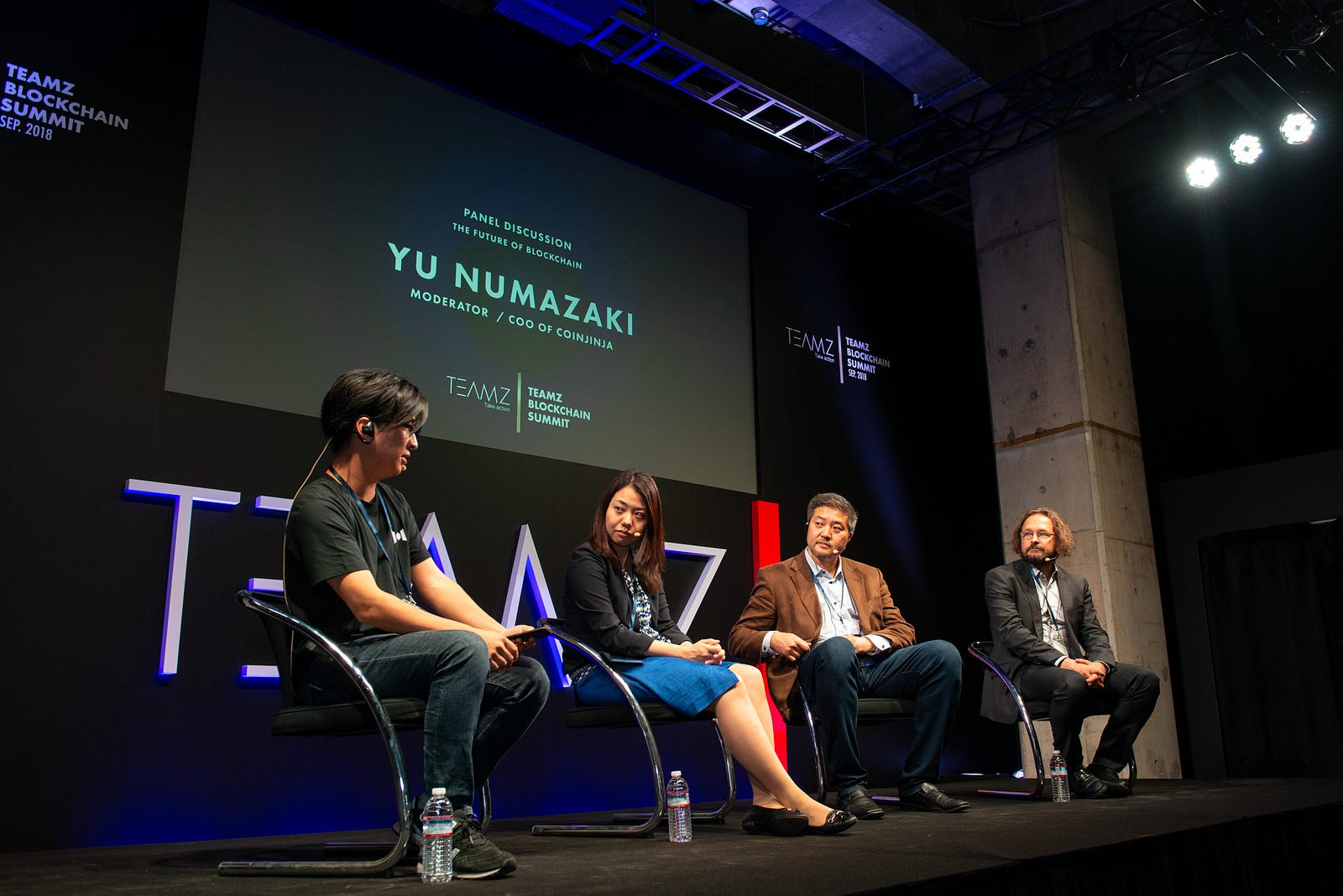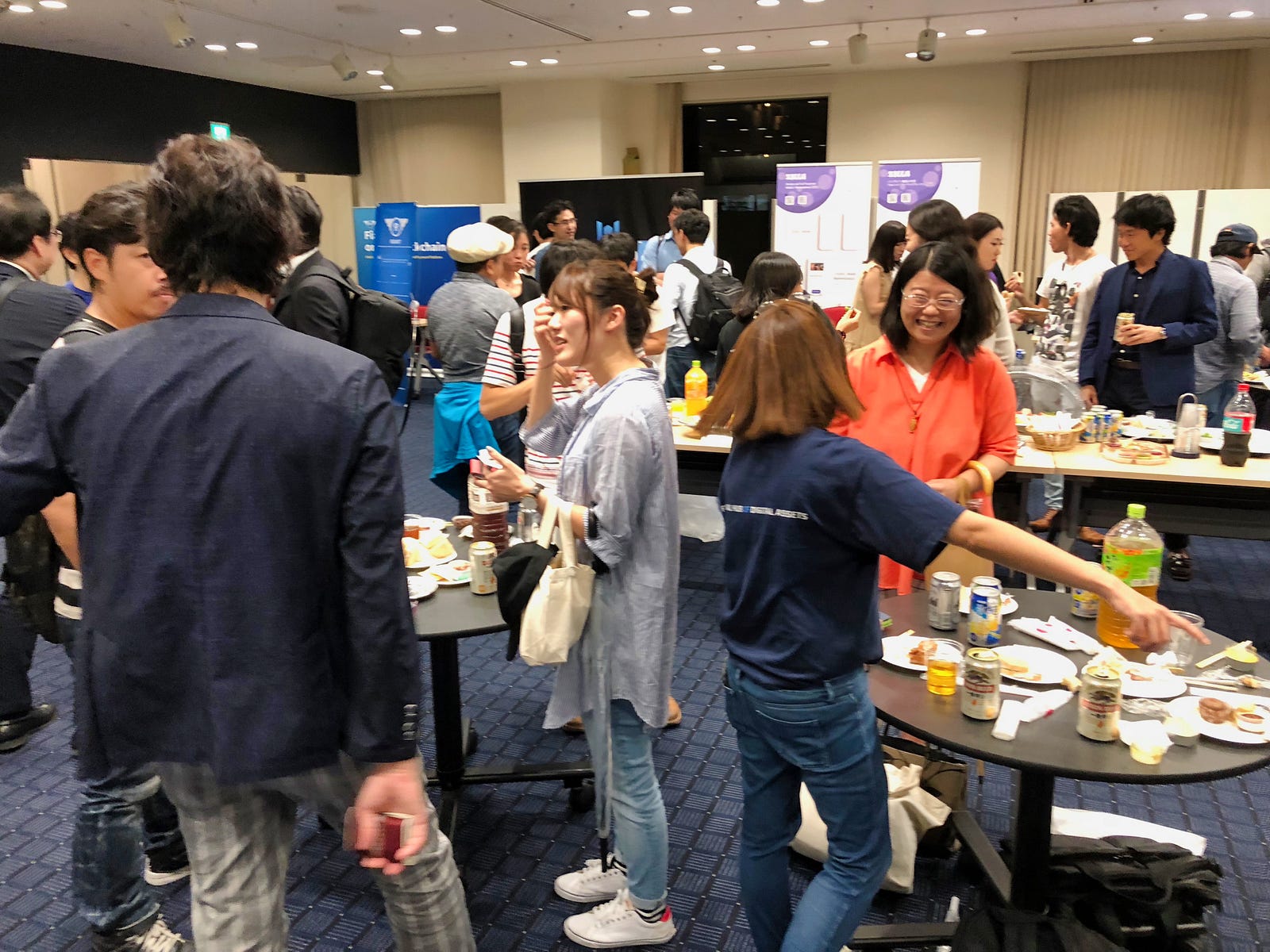Marketing Your Blockchain Project in Japan
1. Legality of Marketing Token Sales in Japan
To cut a long story short, it is illegal to market investments, including tokens, in Japan without the requisite licenses.
This is the case even for projects and exchanges incorporated outside Japan which do their promotion directly. It also applies to companies or individuals offering promotion services — they can only function in the role of “providing information” about blockchain projects.
For this reason, whether you are working with us or through other channels, you should focus your Japan marketing efforts on telling the story behind your technology, business model, team, and other attractive features — just providing information. Then, when people arrive at your website, join your Telegram group, or follow one of your social media accounts, they can organically discover your token sale.
2. Japanese Crypto Investor Characteristics
Generally speaking, (i.e., NOT all, but most) Japanese cryptocurrency investors we have encountered share the following traits. You’ll need to keep these in mind to understand our recommendations later on in this article.


- Demographics: In their 30s, male, and single.
- English Ability: Even the small percentage who understand English to a usable degree will still prefer to avoid content in English unless absolutely necessary. Similarly, they tend to only use websites and apps available in Japanese.
- Knowledge: They are highly educated, savvy regarding IT and finance, and curious about blockchain technology and crypto.
- Lifestyle: They spend long hours at work and tend to check in on their crypto interests during their long and crowded train commute. They live alone in a small one-room apartment.
- Online Media: They own the latest high-end model smartphone. Their favorite messenger app is Line. Twitter is their preferred social network for crypto-related topics. They follow the top Japanese crypto bloggers and media outlets. Being highly privacy-oriented, they will prefer to remain anonymous with anything related to their investment activity.
- Risk Tolerance: They are relatively conservative and tend to stick to the top ten (if not the top five) coins. Having heard about the prevalence of scams, they are skeptical about the vast majority of projects. That said, they are definitely curious about quality blockchain projects and may speculate in promising token sales if it is relatively frictionless to do so.
3. Translation & Localization Issues
Why This is Critical
Neglecting to address the language barrier properly is the number one reason why overseas blockchain projects fail to attract investment or otherwise gain traction in the Japanese market.
Most Japanese crypto investors have limited English ability. Even the small percentage able to read English with ease would still prefer not to if they can avoid it.
They’ll likely be reviewing your content during their commute on their phone in a crowded train. They’ll be tired and easily distracted, so to maximize conversions, you need to reduce friction for them. A major point for this is language.
What to Provide in Japanese
We recommend that you provide the following in Japanese. We’ll list them in rough order of priority.
- Website: If your site is large and extensive, you can just provide a one-page summary with links to the relevant sections and resources. This is the bare minimum that you need to have prepared.
- One-Pager: Paradoxically, even if you provide a perfect Japanese translation of your entire white paper, Japanese crypto investors are going to switch to reading the English one if they take a serious interest. This is because they are so used to poor translations, outdated translations of earlier white paper versions, or omissions of crucial information that is contained in the English original. Therefore, you only need to provide a one-pager or executive summary in Japanese.
- Twitter: Very few of them will want to follow your English Twitter account. Twitter is a place they go to unwind and kill time during their commute. It will break their flow if their stream has English tweets.
- Telegram Group/Channel*: Similarly, most will struggle to follow a Telegram group or channel if it is all in English. Create a separate one for Japanese. Discord is increasingly popular among Japanese gamers.
- Newsletter: We don’t need to explain to you the importance of email for marketing. Needless to say, your newsletter will tend to be ignored unless it’s in Japanese. Moreover, they’ll likely mark it as spam if they can’t figure out how to unsubscribe, which will affect your deliverability globally if they are on Gmail or another major email system.
Line vs. Telegram
Every Japanese person with a smartphone has the Line messenger app, but few have Telegram. So, logically, it would make sense to create a Line group for Japan. However:
- Line has the image of being overrun with groups by domestic scam artists.
- Telegram is seen as more international and sophisticated.
- Serious Japanese crypto investors all have Telegram, whereas Line will be more likely to attract prospects with a low level of crypto literacy and only a casual interest.
Before You Start Translating
You’ll likely be translating from English into Japanese. Most ICO projects have very poorly written English copy. We know because we spend a lot of time editing, and in some cases completely rewriting, descriptions for the English version of our ICO directory. Unfortunately, the volume is so high that it’s like trying to fend off the ocean with just a broom, but we do what we can.
Many are written by non-native English speakers. Others are by engineers who struggle to communicate clearly. In some cases, a writer was hired who has no technical background and is just trying to jam in as many buzzwords as possible. Either way, the result is a nonsensical “word salad” that scares off investors.
Obviously, you can’t expect even the best translator to produce something that will resonate with Japanese crypto investors if the English source material is poorly written. Translation will only compound the problem. Fix this first.
Translation Options
- Google Translate: Not an option. The English and Japanese languages are so far apart that, despite incredible advances over the years, the result is still not suitable for marketing purposes.
- Crowdsourcing: Some projects offer a ‘translation bounty’ whereby they give tokens in return for translation. This is only an option if you have a qualified native speaker available to check, edit, and clean up the resulting translations. The logistics of this option tend to make it more trouble than it’s worth.
- Freelancers: There are freelancers who understand crypto and will do a great job. Sites like Fiverr or Upwork let you see reviews of their past clients. However, if the translator is unavailable and you’re in a hurry, they can leave you in the lurch.
- Platforms: Translation-as-a-service platforms such as Gengo and Conyac provide a much more streamlined alternative to freelancer marketplace sites. Use their highest price tiers to avoid newbie translators from making a mess of things.
Checking, Editing, and Localization
This final part is where you will get a real edge over other ICO projects which stop at merely providing a direct translation.
Even the best translators make mistakes, so a second translator should be engaged to check and make any necessary corrections. However, when you hire them, ask them to go beyond just proofreading and move towards localization.
The job of a translator is to ensure that you get a ‘mirror copy’ of the source content in Japanese. However, due to cultural differences, even perfectly done translations can feel stiff, awkward, or be focusing on the wrong things. For this reason, you need to engage someone to adjust the text so that it feels natural to a Japanese reader.
Reasonably priced translators who will also be open to taking on this role as editor/localizers can be found on sites such as Fiverr or Upwork.
Going the Extra Mile
If you have the resources, hire a Japanese artist to create a manga explanation about your project like OSA_DC’s Japan team (OSADC_ Japan) did:
4. Community Management in Japan
If you’re serious about the Japanese market, then you need to have at least one native speaker who is Twitter/Telegram savvy, understands your project sufficiently to answer difficult questions, and will be available for meetings with key contacts — at least remotely.
Typical Tasks
- Ensuring all relevant tweets, email updates, and Telegram group posts also go out in Japanese.
- Answering questions, conveying feedback and walking people through the process of buying your tokens. They should answer everything within 24-hours, including on weekends.
- Managing the aforementioned translation work.
- Representing your project in business meetings and media interviews.
Outsourcing vs. Hiring
Outsourcing can be a low-risk option for getting started and we offer this service. However, you may prefer to hire someone, at least on a remote and part-time basis for your Japanese community management.
It’s difficult to find and hire English-speaking Japanese who fit all of the above criteria and will work well remotely with minimal direction. You might find it easier to seek a Japanese person who lives in your city who at least has the right attitude and bring them into your team so that you can provide them with guidance, direction, and support.
If you want to hire someone full-time in Japan, the major international recruitment firms are here (Robert Walters, Hays, etc.). There’s also a plethora of local ones. The cheapest option is to post on Indeed.com (posting in Japanese will be more likely to get your listing noticed — even by fluent English speakers).
If you lack the budget to hire a recruiter:
- Scouring LinkedIn is unlikely to result in success. Most Japanese don’t use and even if they have an account, will seldom log in.
- Post your job on Indeed (it’s also big in Japan) and Justa (a Japanese startup jobs board).
- Note that even fluent English speakers will be much more likely to take note of your listing if it is in Japanese — or at least the headline and excerpt.
Interviewing
- The candidate who speaks the best English has attended college abroad and is the most charismatic is not necessarily the best choice. Look at their track record for concrete achievements that are relevant to your objectives.
- Many international firms find that it is simply impossible to find someone with perfect English and the other requisite skills and experience. You might need to compromise and hire two or more people who compliment each other.
5. Setting Up a Japan Office
Most of you can skip this part, but we’ve added it because the larger blockchain projects often ask about it.
In the early days, it makes zero sense to formally establish a traditional physical office. You can find the major international providers of serviced and virtual offices such as Regus, The Executive Center, Servcorp, and WeWork. There are also cheaper local alternatives.
As for setting up a Japanese corporate entity and other administrative items, obviously, the big accounting and law firms are all here and can help. However, if you want a more economical option, check out WeConnect. There are also many reasonably priced local service providers with varying degrees of English ability and experience in dealing with international clients.
6. Japanese Crypto Media
In descending order of reach, the top six would be
All of them offer sponsored content deals. This is where you’ll either have an influencer or a media company put out content on your behalf. However, remember that there’s not much point in investing in this unless you’ve set up the items mentioned above.
You don’t want to blast out content once and then go silent. Think of putting out high-quality content on a regular basis for at least a few months with a view to gaining your own followers and community members. In terms of content types, the most popular in Japan tend to be the following.
- Sponsored Tweets: You’ll supply the content in English, and it will be tweeted in the optimum Japanese with appropriate hashtags. Consider putting out one per week for three months to gain traction. We offer this service.
- Sponsored Articles: These are a great way to educate qualified Japanese crypto investors on your project’s technology, business model, industry, backstory, or team members. Consider putting out one per month for three (ideally six) months. We have a package deal, whereby if you publish through us, we’ll also get you on the next largest five sites mentioned earlier.
- Press Releases: This is where you’d push out a newsworthy announcement in the hopes that it will be picked up by bloggers and journalists who cover crypto. Consider putting out one per month for three (ideally six) months. Note that a distribution service cannot guarantee that your story will be picked up — only that it will be distributed. Generally, you can expect it to be received by up to 50 outlets. The number that writes about it will depend on how newsworthy it is deemed.
7. Japanese Crypto Influencers
Engaging a local influencer is not absolutely essential. However, many Japanese crypto investors do rely on influencers for information when deciding on which token to purchase. If you find the right one who truly resonates with your project and presents it in an authentic way that compels their audience to take action, it can make an enormous difference.
We at CoinJinja have relationships with all the top Japanese influencers, but in case you prefer to go direct, here are some resources and tips.
Points to keep in mind:
- Style: Japanese investors tend to gravitate towards influencers that come across as more serious and objective — without any agenda. Choose an influencer that best matches your brand and target market.
- Compliance: In terms of regulations, influencers cannot explicitly promote a token sale or give investment advice. What they can do is talk about the project’s technology, features, business model, team, and other strengths — then give the URL of your Japanese website, Twitter, or Telegram Group, etc. for learning more. Technically, influencers must disclose if their content is sponsored, although many don’t.
- Platforms: Among the Japanese crypto community, blogs and Twitter tend to be the most popular forms of online media. Unlike the global English speaking crypto community, YouTube videos, podcasts, and Instagram aren’t as popular (although they do exist and do have their own following).
- Bloggers: There is no specific blog platform favored by Japanese crypto bloggers (as in the English speaking world, it’s Medium or Steemit). It’s quite fragmented and relies on Twitter to bring everyone together.
- Cost: On average, influencers in Japan charge around 5 yen per follower. However, this may vary depending on their niche and the quality of their following (real, engaged people vs. bots and inactive accounts). If you go through an agency, they will be adding a margin on top of this.
Sourcing Options
- Direct Approach: Here is a list of the most followed crypto-related Twitter accounts in Japan. Most are Japanese, but not all. They are a mixture of bloggers/influencers, executives at blockchain startups, crypto exchanges, and crypto media. You could hire a freelancer via Upwork to help you source them. However, note that they are unlikely to respond, even if contacted in Japanese because they are so overwhelmed with inquiries and struggle to find time to vet them all.
- Influencer Agencies: These are a very recent phenomenon. Two that we know of are Crypto Agency and Terminal. Their sites are in Japanese, but if you write them an email in simple English, they should be able to communicate in writing. If you want to work with crypto YouTubers that can cover both Japan and Korea, we have had good experiences with Rooted Partners. We also coordinate influencers on behalf of clients.
- Creative Agencies: While the global ad agencies obviously all have offices in Tokyo, there are also a number of small players who cater to international clients and also function informally as liaisons with influencers. Ones with knowledge of the crypto space include Humble Bunny and Pikkles. We also offer bespoke services.


8. Running Airdrops in Japan
Airdrops can be a great way to boost your project’s exposure. Also, since you are not selling an investment, we can cut through the restrictions mentioned above and promote freely.
You’ll want first to have items #3 and #4 above setup properly to ensure traffic converts into token sales via your various touch points.
However, even if you translate everything into perfect Japanese, you’ll likely run up against the following three pitfalls if you try to run your own airdrop.
- Bots: People will set up automated systems to run through the necessary steps to obtain tokens.
- Hoarders: People who behave like bots just accumulating tokens from any and every airdrop without having any real interest in any of the projects.
- Limited Reach: Doing it via your own channels means your reach is limited. And, it may not make sense to pay for much promotion.
- Platform: The campaign is limited to users of our app who have registered and verified their phone number. This cuts out the bots.
- Quiz: Participants are only awarded tokens if they pass a ten-question multiple-choice quiz. The questions can be set up to send people to your Twitter, Telegram group, website, or email newsletter to find the answer. However, these will not see any gain of members/followers/subscribers unless they are provided in Japanese and have compelling content that makes it worthwhile to get engaged.
- Referrals: Each participant, whether they win or not, can earn tokens by referring people via a unique link. If an influencer takes a liking to your airdrop, this can work particularly well. They’ll get a bonus equivalent to 10% of the tokens won by people they referred.

We can do airdrops for utility tokens, not security tokens (the latter would require us to have a securities license).
9. Your Japan Roadshow
We don’t do this, but there are various consultants who will help you set up a roadshow. This could include arranging any of the following:
- Private dinners for prospective qualified investors
- Visits to the offices of institutional investors and funds
- Interviews with local media
- Speaking slots and booths at local conferences and events (there are a lot happening)


Before Your Invest in a Japan Roadshow
Our opinion is that, rather than rushing to spend a lot on a Japan roadshow, you would be better off taking a lean, step-by-step approach.
- First, invest in hiring a Japanese evangelist, even on a part-time basis, to ensure you have a top class Japanese language presence online as described above.
- You can then use domestic Japanese crypto media, such as us, to amplify your message.
- Steps #1 and #2 lay the groundwork so that it becomes easier to reach out to Japanese decision makers. Your Japanese team member can schedule calls and act as your interpreter. However, make sure they are fully up-to-speed first because serious Japanese investors will ask tough questions which require complex answers!
Once you have gone through the above steps and been successful in attracting serious interest from several qualified investors, you can invest in a full-blown roadshow for Japan.
10. Events in Japan
We organize and manage events on behalf of blockchain projects, but in case you want to do it yourselves, here is our advice.
- Quantity: Tokyo has an abundance of blockchain and cryptocurrency related events ranging from large conferences in five-star hotels to casual meetups and hackathons. Here’s some examples.
- Organizing: Unless your brand is already well-known or you have someone particularly influential behind it, you will find it hard to attract participants. We therefore recommend joining established events.
- Meetups: Peatix is the top event directories for Japan’s blockchain and crypto community. Others include Doorkeeper and Meetup. A significant number of events also list on Facebook. Another place to look is Twitter. Most local events will only have information provided in Japanese, but you should be able to find at least a few English speakers if you go.
- Conferences: The larger conferences will have information in English and English-speaking staffs that can help your team figure out the logistics of having a booth and scheduling a speaking session. Some to know are Beyond Blocks, Japan Blockchain Conference, and Teamz Summit.


11. Conclusion
As the saying goes, “If it were easy, then everybody would be doing it.” Do your homework and ask yourself if your project is really ready to be making the necessary investments to succeed in the Japanese market. If you’re not, it can be a tremendous distraction and drain on resources.
Also, beware of any individual or company claiming to offer a one-stop-shop to solve all your Japan market-entry headaches. It’s likely they only do one or two things well and either outsource the rest or do a poor job of it with in-house resources.
